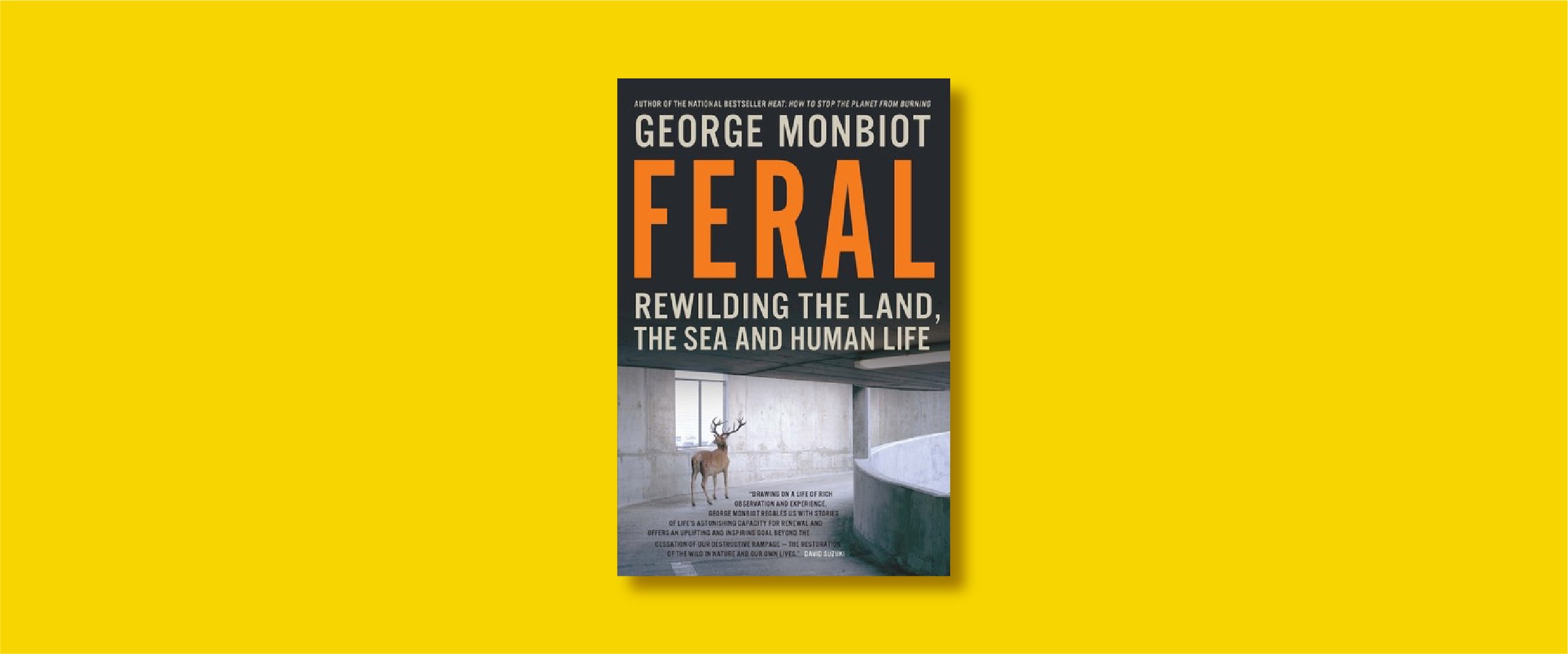We think we’re better thinkers than we are. We misjudge many situations unfortunately. And shots on rewilding, status, and generosity. Here are some links to books, podcasts and articles I’ve enjoyed recently. About entrepreneurship? In a way, but very indirectly. Enjoy!
1. Morgan Housel - How People Think
He’s the author of the best-seller with a terrible name “The Psychology of Money” (which I’ll admit haven’t read yet). In this post, he lists 17 ways to highlight how people think: counterintuitive realisations, irrational behaviour, stuff we’re not as good in as we think we are.
I started writing that there were 2-3 I especially liked, but they’re all great!
#3. Prediction is about probability and putting the odds of success in your favor. But observers mostly judge you in binary terms, right or wrong.
#6. Ignoring that people who think about the world in unique ways you like also think about the world in unique ways you won’t like.
#7. We are pushed toward maximizing efficiency in a way that leaves no room for error, despite room for error being the most important factor of long-term success.
#12. an innocent denial of your own flaws, caused by the ability to justify your mistakes in your own head in a way you can’t do for others.
2. Podcast: The Ezra Klein Show - We build Civilisations on Status. But we barely understand it.
The unseen force that we often don’t admit that drives so much: Status.
It’s not appealing for itself, but when we command status in our communities, we feel certain that we’re able to find safety and belonging.
This conversation with Cecilia Ridgeway, author of the book “Status”, illuminates how a drive for status is baked in our operating system and how we play different games in order to get it.
3. Alexandra Franzen - 50 ways to be ridiculously generous-and feel ridiculously good
One more link, fitting with this reflective and festive season.
A beautiful long list of things that don’t cost anything, but are worth so much.
Some might feel uncomfortable. But it seems to me this is a muscle worth training.
I do #26 and of course I do #38. I’ll make a point out of doing #32 more. But I’ll really go for #37.
Curious to see which you’ll do. Let me know!
4. Book: George Monbiot - Feral
If feral doesn’t sound too appealing, it might be because we’re too used to order, predictability and comfort. This book is about rewilding ourselves and nature.
Nature has been “ordered” and demolished. What’s beautifully simpel is that the best way to help nature recover is to simply do nothing.
Wild nature is appealing to Monbiot, not just because of the richness of life or the complex web of beings, but also because it’s more unpredictable.
This book dives into trophic cascades and apex predators, the wreckage caused by all those cute fluffy sheep, Little Ice Ages, and many more elements. A great read!
[Check out my digital bookshelf with all my favorites and the ones from my guests of De Gebakken Peren.]
Interested in receiving more news and updates about De Gebakken Peren podcast? Subscribe to my Shots of Strategy. A (bi-)weekly newsletter for social entrepreneurs and curious minds.





